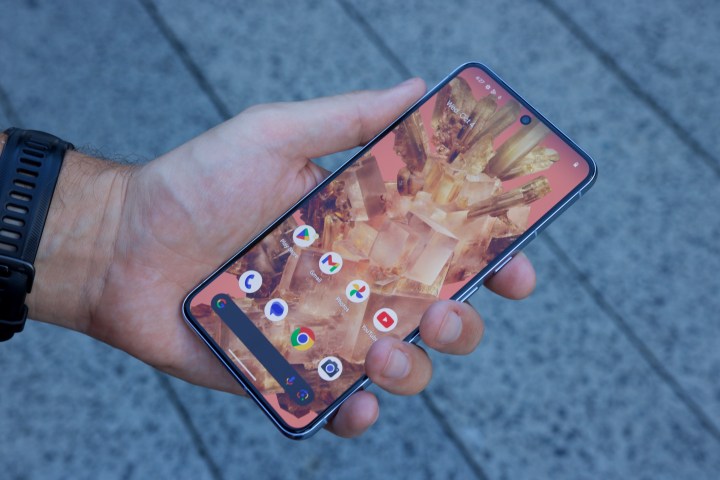
You don’t need your hands to control your Android phone anymore. At Google I/O 2024, Google announced Project Gameface for Android, an incredible new accessibility feature that will let users control their devices with head movements and facial gestures.
There are 52 unique facial gestures supported. These include raising your eyebrow, opening your mouth, glancing in a certain direction, looking up, smiling, and more. Each gesture can be mapped to an action like pulling down the notification shade, going back to the previous app, opening the app drawer, or going back to home. Users can customize facial expressions, gesture sizes, cursor speed, and more.

Google has also released a neat intro video that showcases some of Project Gameface’s capabilities. It’s easy to imagine all the ways this technology could make using a phone more accessible to people with physical disabilities.
Project GameFace was first showcased in Google I/O 2023 as an open-source, hands-free gaming “mouse,” where Google lets users control a PC with head movements and facial gestures. Raising your eyebrows allowed you to click and drag, and opening your mouth moved the cursor. The project was inspired by Lance Carr, a quadriplegic game steamer with muscular dystrophy, a progressive disease that weakens muscles.

What makes Project Gameface stand out next to accessibility tools like the Xbox Adaptive Controller is that it doesn’t require any additional hardware. All you need is your existing Android phone, which should make it one of the most cost-effective assistive technologies on the market.
Apple also has mobility-related assistive features for the iPhone, including voice control, shortcuts, call audio routing, dictation, and head tracking. It also announced a bunch of new ones this week, including a new way to control your iPad and iPhone with your eyes.


